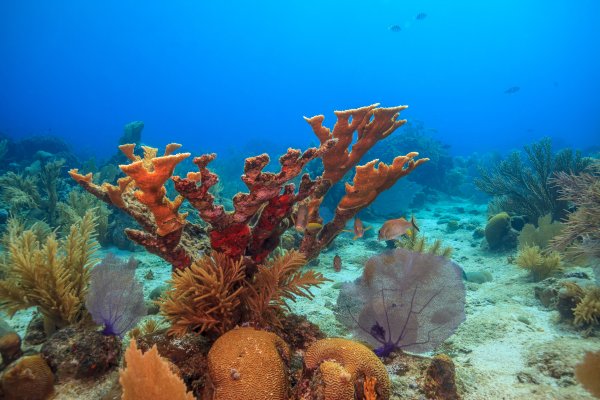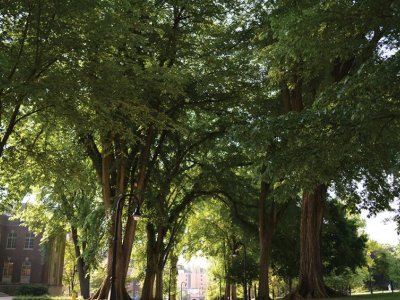
A defining characteristic of reef-building corals is their plasticity in response to environmental change. And yet, the ability of corals to survive environmental change is now frequently being exceeded. Because adult corals are sessile and they harbor photosynthetic algal symbionts, they face similar challenges to plants in that both have to be able to withstand and acclimatize to environmental changes without being able to move to more benign locations.
Little is known about the molecular mechanisms underlying this plasticity in corals. Do corals utilize plant-like epigenetic modifications that may enable them to flexibly express different phenotypes from the same genetic blueprint? Or do corals resemble higher metazoan animals in their use of epigenetic modification? In other words, does a common lifestyle between plants and corals result in similar use of epigenetic modifications? Answers to this question will shed light on the evolution of plasticity in animals, and will allow managers to better understand how they can assist corals in surviving climate change.




